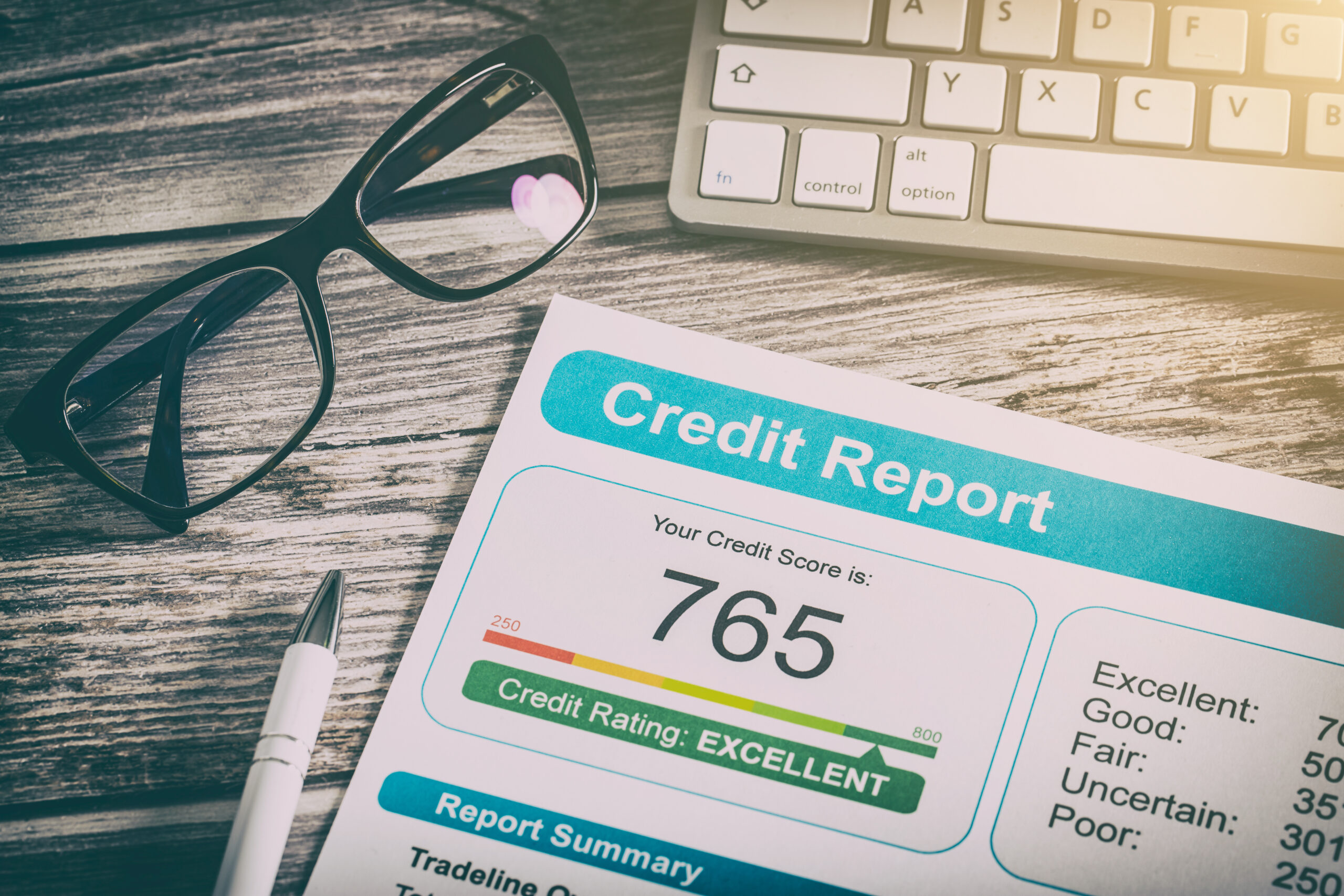Tips to Improve Your Credit Score Before Buying a Home

Buying a home is a major milestone in many people’s lives, but it can also be a stressful and overwhelming process, especially if your credit score isn’t where it needs to be. Your credit score is one of the most important factors lenders consider when deciding whether to approve you for a mortgage loan and what interest rate to offer you. If you’re thinking of buying a home in the near future, it’s a good idea to start working on improving your credit score now. Here are some tips on how to do that:
- Check Your Credit Report: The first step to improving your credit score is to check your credit report for errors.
- Pay Your Bills on Time: Late payments can significantly hurt your credit score. Make sure you pay all your bills on time, every time, including credit card bills, utility bills, and loan payments. If you can, try putting these accounts on auto-pay so you never miss a payment.
- Reduce Your Credit Card Balance: High credit card balances can lower your credit score. Try to keep your credit card balances below 30% of your credit limit.
- Don’t Close Old Credit Accounts: Closing old credit accounts can actually hurt your credit score, as it shortens your credit history and reduces your available credit.
- Don’t Open New Credit accounts: Opening new credit accounts can also hurt your credit score, as it lowers your average account age. It can also increase your debt ratio if you use new lines of credit.
- Dispute Errors on Your Credit Report: If you find errors on your credit report, dispute them with the credit reporting agency to have them removed. This is more common than you might think- make sure to check your credit report on a regular basis.
- Work with a Credit Counselor: If you’re struggling to improve your credit score on your own, consider working with a credit counselor who can help you develop a plan to improve your credit. However, be wary of scams in this area- find someone you can work with face-to-face. If something online sounds good to be true, it probably is.
- Pay Down Debt: Paying down debt can improve your credit score by lowering your credit utilization rate.
- Avoid Hard Credit Inquiries: Hard credit inquiries, which occur when you apply for credit, can lower your credit score. Try to avoid applying for credit unless it’s absolutely necessary.
- Be Patient: Improving your credit score takes time. Don’t expect overnight results, but stay committed to making changes that will improve your score over time.
Improving your credit score before buying a home is crucial, as it can significantly impact your ability to get approved for a mortgage loan and the interest rate you’ll be offered. According to Experian, the average credit score for approved mortgage loans in 2020 was 753, while the average credit score for denied mortgage loans was 683. This shows just how important a good credit score is when it comes to buying a home.
If you’re thinking of buying a home in the near future, it’s important to start working on improving your credit score now. By following the tips outlined above and being patient, you can improve your credit score and increase your chances of getting approved for a mortgage loan with favorable terms. Remember, your credit score is one of the most important factors lenders consider, so take the time to strengthen it before you start house hunting.




